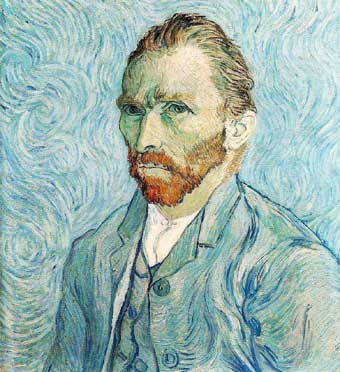I received this email from a friend, it is a beautiful example of love:
It was a busy morning, about 8:30, when an elderly gentleman in his 80's arrived to have stitches removed from his thumb. He said he was in a hurry as he had an appointment at 9:00 am.
I took his vital signs and had him take a seat, knowing it would be over an hour before someone would to able to see him. I saw him looking at his watch and decided, since I was not busy with another patient, I would evaluate his wound. On exam, it was well healed, so I talked to one of the doctors, got the needed supplies to remove his sutures and redress his wound.
While taking care of his wound, I asked him if he had another doctor's appointment this morning, as he was in such a hurry.
The gentleman told me no, that he needed to go to the nursing home to eat breakfast with his wife. I inquired as to her health.
He told me that she had been there for a while and that she was a victim of Alzheimer's Disease.
As we talked, I asked if she would be upset if he was a bit late.
He replied that she no longer knew who he was, that she had not recognized him in five years now.
I was surprised, and asked him, 'And you still go every morning, even though she doesn't know who you are?'
He smiled as he patted my hand and said,
'She doesn't know me, but I still know who she is.'
I had to hold back tears as he left, I had goose bumps on my arms, and thought,
'That is the kind of love I want in my life.'
True love is neither physical, nor romantic.
True love is an acceptance of all that is, has been, will be, and will not be.
 With all the jokes and fun that are in e-mails, sometimes there is one that comes along that has an important message. This is one of those.
With all the jokes and fun that are in e-mails, sometimes there is one that comes along that has an important message. This is one of those. The happiest people don't necessarily have the best of everything; they just make the best of everything they have.
'Life isn't about how to survive the storm,
but how to dance in the rain.' I hope you share this with someone you care about. I just did!







.jpg)